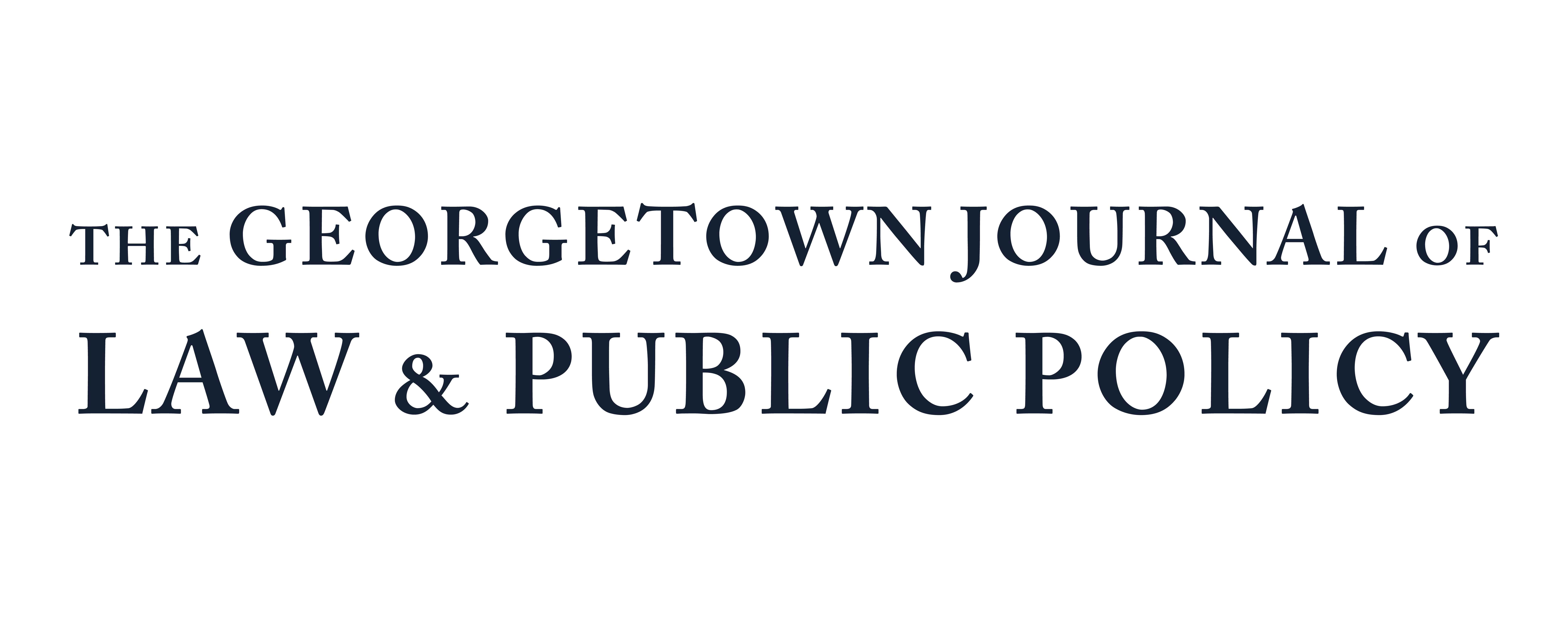The Epistemology of the Internet and the Regulation of Speech in America
The Internet is the epistemological crisis of the 21st century: it has fundamentally altered the social epistemology of societies with relative freedom to access it. Most of what we think we know about the world is due to reliance on epistemic authorities, individuals, or institutions that tell us what we ought to believe about Newtonian mechanics, evolution by natural selection, climate change, resurrection from the dead, or the Holocaust. The most practically fruitful epistemic norm of modernity, empiricism, demands that knowledge be grounded in sensory experience, but almost no one who believes in evolution by natural selection or the reality of the Holocaust has any sensory evidence in support of those beliefs. Instead, we rely on epistemic authorities—biologists and historians, for example. Epistemic authority cannot be sustained by empiricist criteria, for obvious reasons: salient anecdotal evidence, the favorite tool of propagandists, appeals to ordinary faith in the senses, but is easily exploited given that most people understand neither the perils of induction nor the finer points of sampling and Bayesian inference. Sustaining epistemic authority depends, crucially, on social institutions that inculcate reliable second-order norms about whom to believe about what. The traditional media were crucial, in the age of mass democracy, with promulgating and sustaining such norms. The Internet has obliterated the intermediaries who made that possible (and in the process, undermined the epistemic standing of experts), while even the traditional media in the U.S., thanks to the demise of the “Fairness Doctrine,” has contributed to the same phenomenon. I argue that this crisis cries out for changes in the regulation of speech in cyberspace–including liability for certain kinds of false speech, incitement, and hate speech—but also a restoration of a version of the Fairness Doctrine for the traditional media.
Keep Reading The Epistemology of the Internet and the Regulation of Speech in America
Subscribe to GJLPP
